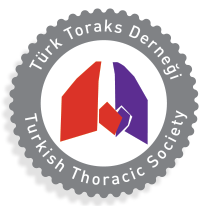Abstract
Epidemiological studies report an association between air pollution and cardiorespiratory morbidity and mortality. Although there is a decrease in pollution due to sulphur dioxide (SO2) and particulate matters (PM) in developed countries, these are still above allowed limits and are threatening human health in developing countries such as Turkey due to excessive use of fossil fuels. Hence, air pollution associated with ozone (O3), nitrogen oxides (NOx) and inhaled particulate matters £10mm (PM10) is still a global problem. In Turkey, air pollution became public concern in the 1960s, and currently, SO2 and PM levels are being monitored within the country, while the levels of O3, NOx and PM10 are unknown. To improve air quality, new legislations, thresholds and targeted limits have been established together with urgent measures taken against dangerous increases in air pollution. In city centres, use of natural gas has been promoted, and strategies based on the limitation of the emission from traffic, domestic and industrial settings and the use of renewable energy sources to provide clean energy have been developed. Consequently, air quality in metropolitan cities has been improved, however, particularly in winters, air pollution still rises to dangerous levels in smaller cities. The aims of this paper are briefly to discuss the effects of air pollution on health, and mainly, to discuss the problem, measures taken and the present status of air quality in Turkey.



.png)
